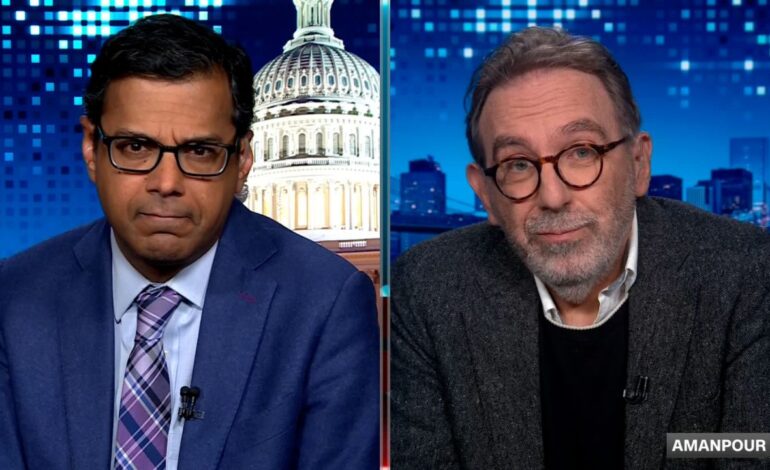Documentary Exposes Consequences of USAID Cuts on Kenyan Families

The recent short documentary “Rovina’s Choice” highlights the severe consequences of the dismantling of the United States Agency for International Development (USAID) in Kenya. The film, featuring insights from former USAID official Dr. Atul Gawande and director Thomas Jennings, focuses on the struggles of a mother, Rovina, as she navigates the increasingly precarious health landscape for her family.
According to the documentary, the reduction of funding and resources from USAID has left many families in Kenya vulnerable. The film showcases Rovina’s daily challenges in accessing essential health services, which were previously supported by USAID initiatives. The filmmakers aim to illustrate how these cuts have not only affected individual lives but also the broader community’s health and wellbeing.
Impact on Health Services
The documentary reveals alarming trends in maternal and child health in Kenya, where the absence of USAID’s support has led to a significant rise in preventable illnesses. The filmmakers emphasize statistics indicating that maternal mortality rates have spiked since funding reductions began. In particular, Rovina’s story serves as a poignant reminder of the human cost associated with these policy changes.
In an interview, Bianna Golodryga discusses the overarching themes of the documentary. She notes that “Rovina’s Choice” is not just about one woman’s plight; it is emblematic of a larger crisis affecting countless families throughout the region. The film seeks to raise awareness about the critical need for sustained international assistance, particularly in health sectors that directly impact families.
The documentary also sheds light on the broader implications of USAID’s withdrawal. It explores how the reduction of funding affects healthcare workers, who often face overwhelming burdens due to increased patient loads and dwindling resources. The struggles of these professionals are depicted alongside Rovina’s journey, illustrating the interconnected nature of health services in communities.
A Call to Action
“Rovina’s Choice” serves as a call to action for governments and organizations to reconsider the implications of reducing foreign aid. As Dr. Gawande articulates, “The choices made by policymakers have real consequences on the ground.” He emphasizes the importance of understanding the human stories behind the statistics, urging viewers to advocate for continued support for international health initiatives.
The filmmakers aim to spark a conversation about the future of global health assistance and the necessity of maintaining a safety net for the most vulnerable populations. As Rovina’s narrative unfolds, audiences are prompted to reflect on their role in addressing these pressing issues.
By showcasing the devastating impact of USAID’s cuts through a personal lens, “Rovina’s Choice” aims to engage a global audience in discussions about health equity and the ethical responsibilities of wealthier nations. The documentary highlights that the fight for health access is ongoing, and it demands urgent attention and action to ensure that families like Rovina’s do not continue to suffer in silence.






